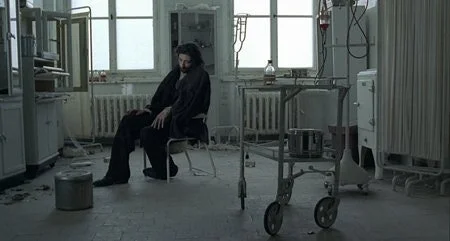When I Met Peter Parker
Peter Parker came to give a talk at my elementary school. Not Stan Lee’s creation. The Peter Parker I met had numbers tattoo’d on his arm from a Nazi concentration camp.
Parker was an old man when I met him in 2005. He let me touch the serial number tattooed on his forearm. I’ve forgotten the numbers, I just remember how clearly it showed on his skin.
Though he was bald when I met him, he told us he had red hair. That’s what made him stand out when the Nazi officers arrested him in Belgium. His sister was able to blend in with her brown hair and escaped the capture.
He taught a 13-year-old immigrant about WW2 and survival. I learned about the scheming required to steal food from the guard dogs because they were treated far better. I got a glimpse into a life where the wrong step on a cold day could mean falling off the side of a building and plummeting to death. I learned some hoped to be met with a swift death from the fall.
This memory came as a result of remembering a scene from Roman Polanski’s The Pianist. It’s a movie about pianist Władysław Szpilman, portrayed by Adrien Brody, surviving the Holocaust. I remembered a scene where he hides in an abandoned hospital wearing rags.
I thought about the Pianist because of how I liked Adrien Brody in Wes Anderson’s Darjeeling Limited. Is it odd that I made these connections? Doesn’t everybody make weird connections like this? Spare me this moment of reflection and I recommend watching the movie (both) if you haven’t.
I had always been interested in war. Maybe it’s normal for boys to be. Maybe it’s because every male in my family had been in the army and I assumed I would be too. South Korea is still a country at war and I became the first male in my family to not have served in the army.
WW2 was always meaningful because it led to Korea’s independence from Japanese rule. But I think meeting Parker gave meaning to the other side of the war. The European side. He was my first connection there.
Meeting Parker gave my tomes of WW2 encyclopedia meaning as most were about Europe. I would like to think it’s from meeting Parker that I made decisions to visit the Terezin concentration camp near Prague and the Jewish Memorial in Berlin.
I’m not Jewish. But maybe it’s incorrect to think I need to be to give a damn. David Chang, the chef, and founder of Momofuku, said Koreans were like the Jews of Asia. I guess I can rationalize a similarity of centuries of persecution from various countries, enslavement of the nation, being used for human experimentation by the Japanese, and what not to see that reference. Maybe that’s trying too hard.
In the end, it’s nice to think how one person 15 years ago I met for an hour still lives in my memories and went on to influence many of my decisions for the future. They say it takes ten acts of goodness to right a wrong.
I think it’s wrong — at least regarding people. I think one good person is enough to right the wrongs of ten. Isn’t that what people take away from when reading about Stan Lee’s Peter Parker? Why would my Peter Parker be any different?

